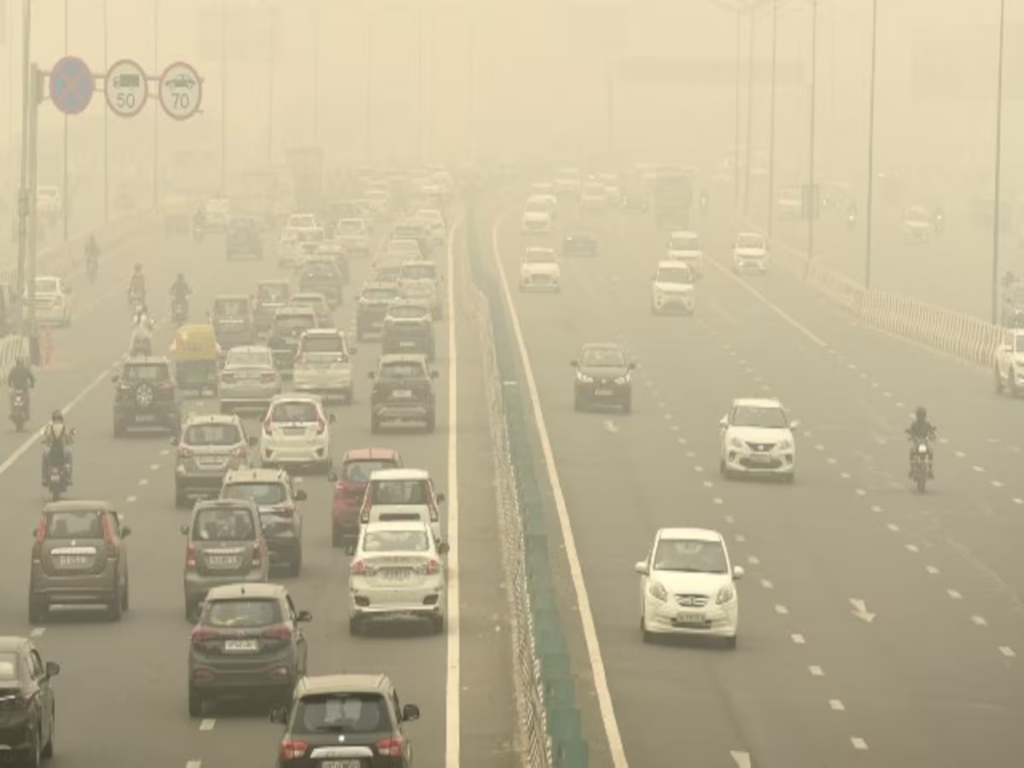The air pollution crisis in Delhi poses a risk to the World Cup 2023 cricket match between Sri Lanka and Bangladesh, as the city’s hazardous air quality could affect the players’ health.
Sri Lanka decided to cancel their training session in India’s capital, Delhi, due to the engulfing toxic smog just days before their scheduled match against Bangladesh. Delhi is consistently ranked as one of the most polluted cities in the world, with its annual smog problem being held responsible for hundreds of thousands of premature deaths each year.

On Saturday, Delhi again claimed the unfortunate title of having the most polluted air in the world, according to monitoring firm IQAir.
An official from the local cricket association in Delhi confirmed that Sri Lanka had canceled their training session, but the reason for the cancellation was not disclosed.
This move came a day after Bangladesh also called off their own training session in Delhi, citing health risks associated with the smog. Some players have developed coughing, raising concerns about their health.
The International Cricket Council (ICC) is closely monitoring Delhi’s air quality and stated that they take the well-being of all participants seriously ahead of Monday’s match. They are seeking expert advice to assess the situation.
To combat air pollution, World Cup organizers have banned fireworks at matches in Mumbai and Delhi to prevent exacerbating the already high pollution levels in these cities.
Airborne PM2.5 particles, the most dangerous air pollutants that can enter the bloodstream, were more than 20 times higher than the daily maximum recommended by the World Health Organization on Saturday evening, according to IQAir.
Severe smog conditions are expected to persist beyond Monday’s match, with school closures ordered by authorities on Friday. Factors contributing to this crisis include smoke from farmers burning crop stubble, vehicle exhaust, and factory emissions.
Air pollution in India has been a long-standing public health crisis, with a Lancet study in 2020 attributing 1.67 million deaths to air pollution in the country in the previous year, including nearly 17,500 in the capital, Delhi. An August report from the University of Chicago’s Energy Policy Institute revealed that the average city resident in India could die nearly 12 years earlier than expected due to air pollution. India’s heavy reliance on polluting coal for energy generation and its resistance to phasing it out have contributed to the problem, with per capita coal emissions rising by 29 percent in the past seven years.


